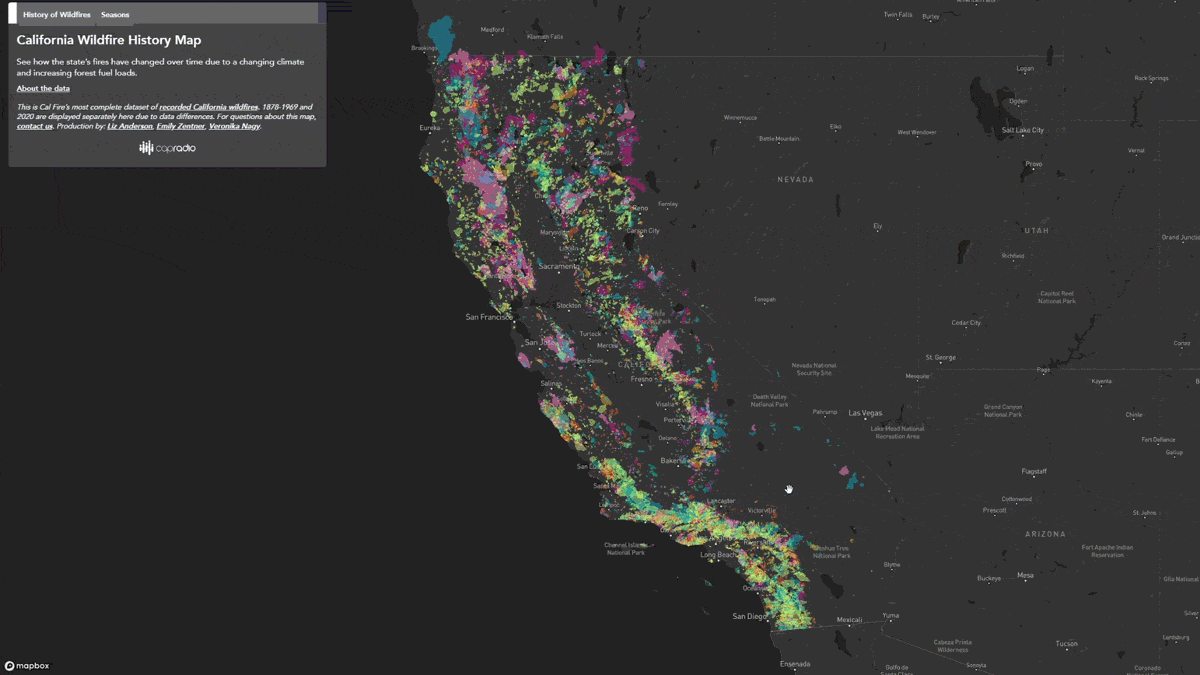At Minarc, our hearts go out to those affected by the devastating wildfires in California. Seeing communities, families, and individuals endure such immense loss is heartbreaking. However, amidst the tragedy, we also witness incredible resilience, unity, and support from neighbors and organizations coming together to rebuild stronger than before.
This guide is designed to provide essential resources, expert insights, and key steps to assist those navigating wildfire recovery. Whether you need immediate assistance, insurance guidance, or sustainable rebuilding solutions, we aim to make the path to restoration smoother.

Immediate Response & Safety
What Can I Do Now?
- Follow government resources for real-time updates:
Returning Home Safely
- Wait for official clearance before re-entering your property.
- Wear protective gear (mask, gloves, and eyewear) to reduce exposure to toxins.
- Ensure utilities (gas, electricity, and water) are safe before use.
- Refer to Los Angeles Sanitation’s Guide for hazardous waste disposal.
Recovery & Assistance
Temporary Housing Options
Food & Clothing Assistance
Mental Health Support
- CalHOPE Crisis Support
- 988 Suicide & Crisis Lifeline
- Los Angeles Department of Mental Health
- Climate Mental Health Network
Rebuilding & Repairing Your Home
Wildfire recovery is more than just reconstruction—it’s an opportunity to build safer, more resilient homes that withstand future disasters.
Where to Start?
- Work with a licensed contractor familiar with fire-resistant materials.
- Contact your insurance provider to understand claim options.
- Research financial aid and rebuilding grants through California’s Disaster Recovery Program.
Fire-Resistant Building Materials
- Opt for non-combustible roofing and siding (metal, concrete, fiber cement).
- Install fire-rated windows and ember-resistant vents.
- Use stone, gravel, or fire-resistant landscaping to create a defensible space.
Defensible Space Guidelines
- Maintain a 5-foot ember-resistant zone around your home.
- Trim trees and remove dry vegetation within 30 feet of structures.
- Space out trees and shrubs to reduce fire spread.
For detailed guides, visit:
- FEMA Wildfire Building Code Guidelines
- Cal Fire Home Hardening Guide
- USGBC Wildfire Resiliency Toolkit
Community Recovery & Support
Get Involved in Rebuilding Efforts
- Donate to verified relief funds such as California Wildfire Relief Fund.
- Volunteer with community rebuilding initiatives like LA Works.
- Support displaced animals through Best Friends Animal Society.
Neighborhood Planning & Wildfire Prevention
- Implement community-wide defensible space strategies.
- Advocate for fire-resistant zoning laws and improved emergency response plans.
- Partner with local agencies like Santa Monica Mountains Recreation Area to integrate sustainable rebuilding practices.
Looking Ahead: Strengthening Our Communities
Recovering from a wildfire is a challenging journey, but it is also an opportunity to rebuild with safety, sustainability, and resilience in mind. By using fire-resistant materials, creating defensible spaces, and supporting community rebuilding efforts, we can work together to create a future where homes and neighborhoods are better protected.
For expert design and rebuilding consultations, contact Minarc today. Let’s rebuild stronger, safer, and smarter.
